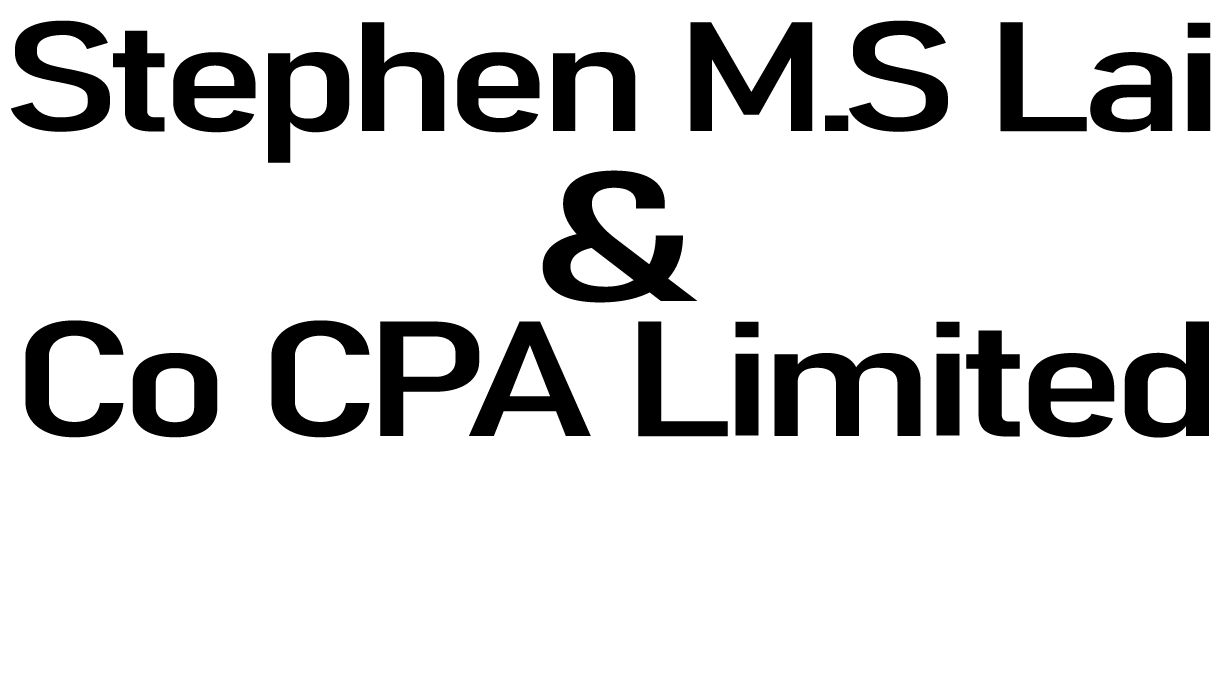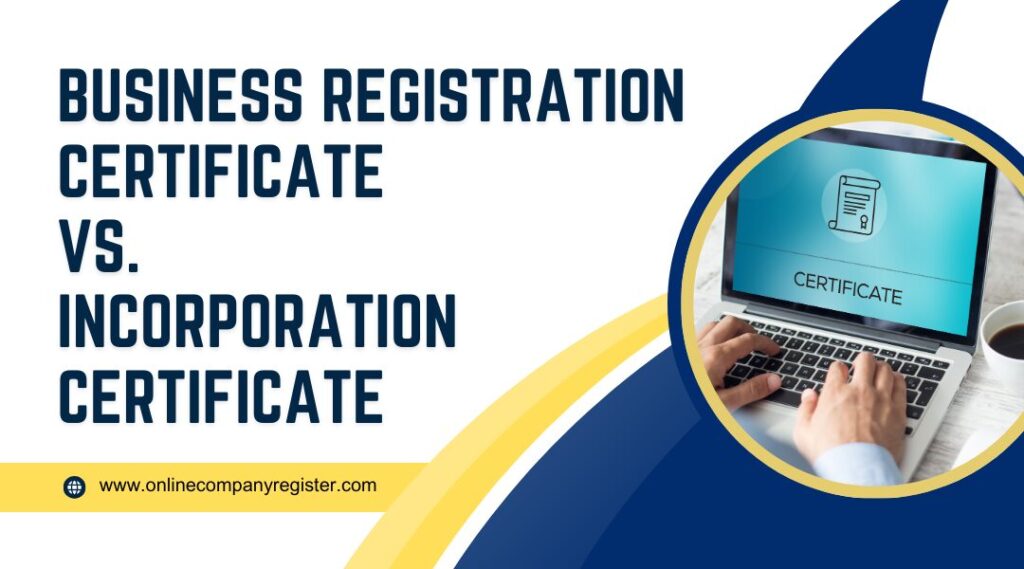Every business venture comes with its legal requirements, and knowing which papers to fill out is especially important. For instance, many entrepreneurs think the purpose of a Business Registration Certificate (BRC) is the same as that of an Incorporation Certificate (IC). In reality, the two documents are equally important but serve completely different legal purposes.
In Hong Kong, BRC serves as a piece of evidence that your business has been registered, allowing you to legally practice business activities. An IC, however, is granted only after a company has been incorporated as a distinct legal body with a limited liability status.
What is a Business Registration Certificate (BRC)?
Before a business can operate in a country, it has to undergo a registration process. As a result of this completed process, the relevant local state authorities will issue a Business Registration Certificate (BRC). This document is provided as proof that the business is recognized by the government and is allowed to carry out commercial activities. The absence of this document means that a business is non-registered, which can subsequently result in legal and financial issues.
Did you know? Hong Kong’s Companies Registry issues over 120,000 Certificates of Incorporation annually, reflecting the city’s global reputation as a business hub.
Why is a Business Registration Certificate Required?
Most countries enforce business registration regulations for proper tax, compliance, and documentation purposes. A registered business holds the comprehensive records, which helps the government track economic activities, enforce taxes, and provide legal support.
Who Needs a Business Registration Certificate?
A BRC is required by most businesses, regardless of their size or structure. This certificate must be obtained by:
- Sole proprietors who are running businesses under a specific trade name.
- Partnerships that involve multiple individuals managing a single business.
- Limited Liability Companies (LLCs), even if incorporation has been completed separately.
- Corporations that have been formally established but still need operational licensing.
- Freelancers and small businesses that wish to formalize their trade name and meet tax compliance requirements.
What is an Incorporation Certificate?
A government agency grants a Certificate of Incorporation when a business is legally registered as an independent entity. This document acts as a certificate of registration about corporate law. Having this certification sets a business apart from its owners, thus ensuring legal protection and financial gain can be achieved.
Why is an Incorporation Certificate Issued?
Limited Liability Companies and corporations (LLC and Inc Ltd) operate under a certificate of incorporation. These two types of businesses are treated as separate entities under the law. Hence, they can own contracts or files, acquire assets, and be liable for debts without interfering with the personal assets of the owners.
Legal backing, taxation benefits, and privileges are not accessible without this certificate. Additionally, businesses would not be acknowledged as one incorporated entity. Financiers, investors, and government agencies need this as verification for the legitimate formation of a business.
Business Registration Certificate vs. Incorporation Certificate
| Feature | Business Registration Certificate (BRC) | Incorporation Certificate (IC) | Quick Verdict |
|---|---|---|---|
| Purpose | Proof your business is registered with local authorities | Confirms your company exists as a separate legal entity | BRC = license to operate; IC = company creation |
| Who Needs It | Sole proprietors, partnerships, freelancers, small LLCs | Corporations, LLCs aiming for growth & liability protection | BRC = small scale; IC = scalable companies |
| Liability | No limited liability; owner is personally liable | Owners’ personal assets protected from business debts | IC offers stronger protection |
| Taxation | Income taxed as part of owner’s personal tax return | Separate corporate tax identity | IC = better for tax planning |
| Name Protection | Often limited; similar names can exist | Legal protection of company name | IC is stronger legally |
| Scalability | Limited; harder to attract investors | Investor-friendly, enables expansion | IC supports long-term growth |
Which One Do You Need?
The selection between a Business Registration Certificate (BRC) and a certificate of incorporation (IC) relies largely on the goals, the organisational structure, and the future aspects of the business. Incorporation is deemed indispensable for some business owners, whereas for others, a BRC serves the purpose.
A BRC is the first step to issue if a sole proprietorship, partnership, or even a small-scale business venture is being undertaken and does not require elaborate legal structures or foreign investments/external funding. This certificate allows a business to operate legally in its defined jurisdiction while simultaneously ensuring tax liabilities are met under the owner’s name.
According to Hong Kong’s Companies Registry 2024 Annual Report, there were 1.38 million companies on the register, with 108,000 new incorporations in that year alone.
Incorporation Certification is more suitable when contemplating business growth, legal protection, and investment opportunities. Obtaining a certificate of incorporation creates a legal entity separate from its owners, safeguarding personal assets from business risks. Investors and lending institutions prefer doing business with companies as legal entities as they ensure minimum risks in a business’s legal framework and good order in finances. To register a company in Hong Kong and and other tex related problems you can contact Stephen M.S Lai & Co CPA Limited.




